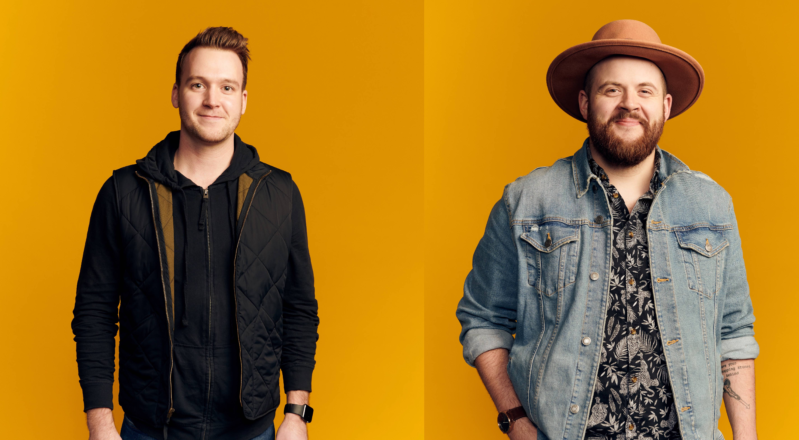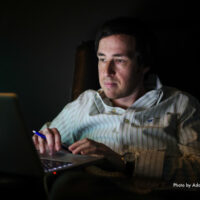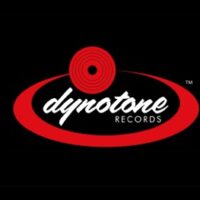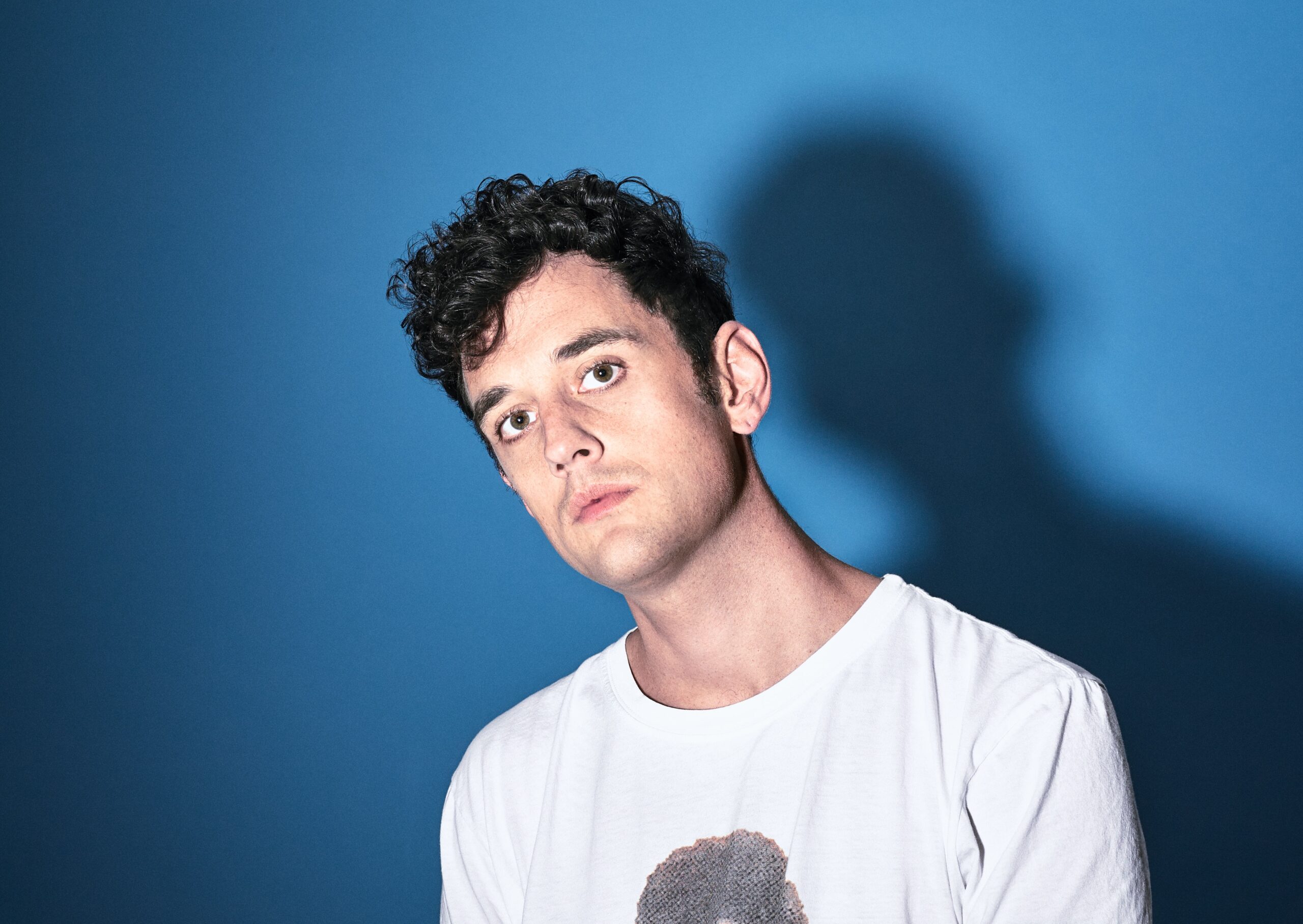
The Art of the Hustle
Jarrod Holley and Brad Parker work in artist management, planning music festivals and most recently started a business around a patch that helps with hangovers called Rally Patch. They were kind enough to take the time to discuss how they work in the music business and tie in their work on a product that has an enormous market in the live music space.

Music Consultant (MC)
So you guys have a background in management and booking. How do you select the artists that you work with in either of those capacities? How important are the social numbers vs. creativity and work ethic?
Jarrod Holley (JH): Loving the music and understanding the artistic vision is the more obvious requirement. Past that I’ve always looked for the lifers. The type of person who can contently withstand the non-stop work and time it takes to find just an ounce of success in this business. I also look for the innate ability to win a room over. Not only on stage during their performance, but the type of person who could show up uninvited to a strangers Thanksgiving dinner and inadvertently charm their way into sitting at the head of the table.
The social numbers are always a good metric to the fan engagement but I would choose low social numbers alongside a creative genius who is pumping out sonic masterpieces over an Instagram star who recently downloaded Pro Tools any day. Although I have seen some of the brand deals these instafamous kids are dealing with and it is impressive.
MC: What is the most common thing you see artists doing that is counterproductive to progressing in their careers?
JH: The most common this is comparing themselves to other acts and focusing too much on social media and people’s perception of them.
MC: What advice would you give to people looking to break in to the business side of music?
JH: My advice is if you’re not obsessed with it, consider something else. You need to find a crew of likeminded people and grow together, and be a good hang.
Brad Parker (BP): I do a lot of work with Belmont University and a program I manage called Bonnaroo U, spending a ton of time with students who aspire to get into the industry. I think my top three pieces of advice are probably the following:
- Learn to be empathetic. Empathy is the strongest key to being successful. It’s a key asset in being able to manage not only tasks but people.
- Follow up skills are detrimental. Email that executive. Follow up if you don’t hear back. And once you finally get that coffee with them, take time to send a thank you email. It goes a long way.
- The industry is as big as it is small. What I mean by that is when you’re in Nashville, LA, NYC , etc, and you’re in “the scene”, it’s almost always a “Who’s Who” situation. Be aware if you’re surroundings when talking in public. Never talk down an artist, manager, agent. It’s never going to help you get anywhere. You never know who’s listening and who might be sitting across from you when you go into an interview.
MC: Do you feel like a side hustle is a requirement for most executives looking to stay afloat?
JH: I don’t currently feel it’s a requirement but I understand there’s a frequent correlation between the two. It’s not surprising that a respected executive has more opportunities to become involved in a side hustle due to their network and overall experience.
BP: I don’t necessarily like the term “Side hustle”. I just like to think of it as “Hustle”. I let my passion drive me to do the things I do in life, whether it be RallyPatch or my work with AC Entertainment. “Side” to me makes it sound like one takes precedent over the other when in fact I believe a good aspiring executive is able to find the perfect balance that is most advantageous to all facets of their work life.
MC: How does one go about identifying and pursuing a side hustle?
JH: The idea of pursuing it makes it less exciting for me personally. Surround yourself with people who think big and aren’t afraid to take chances. Learn about technology or trends you’re not familiar with, and don’t force it.
BP: It’s all about passion and relevance, for me. I’ve worked in the music industry almost 10 years now and as I started looking for something new to keep my creative process flowing I knew I wanted something that could still be relevant to my work at AC but maybe not directly related. RallyPatch was the perfect fit for that. This industry feeds the “No days off” culture so this was a product that offered a solution to an every day problem for someone trying to hustle in the music business.
MC: Is there anything you have learned about the “traditional” business by pursuing a venture that is only peripherally in the music space?
BP: I’ve become so much more conscious of how blessed I am to be able to do what I do each day in the music business. That has been my biggest takeaway. Not every industry has the privilege of working side by side with the creative minds that run the music industry.








